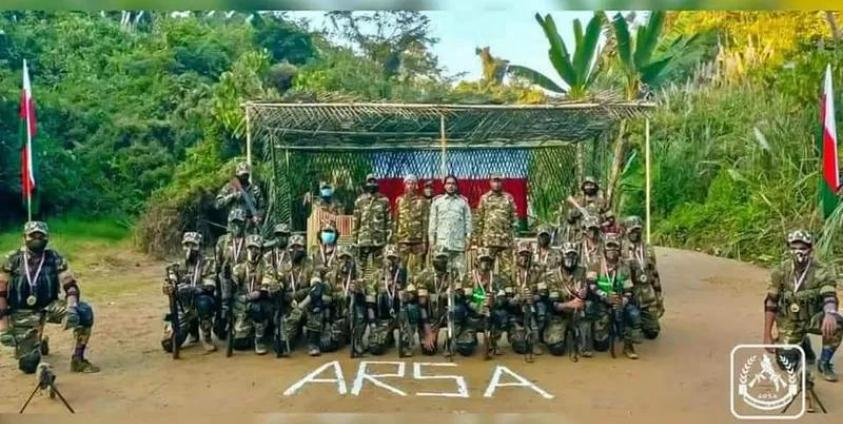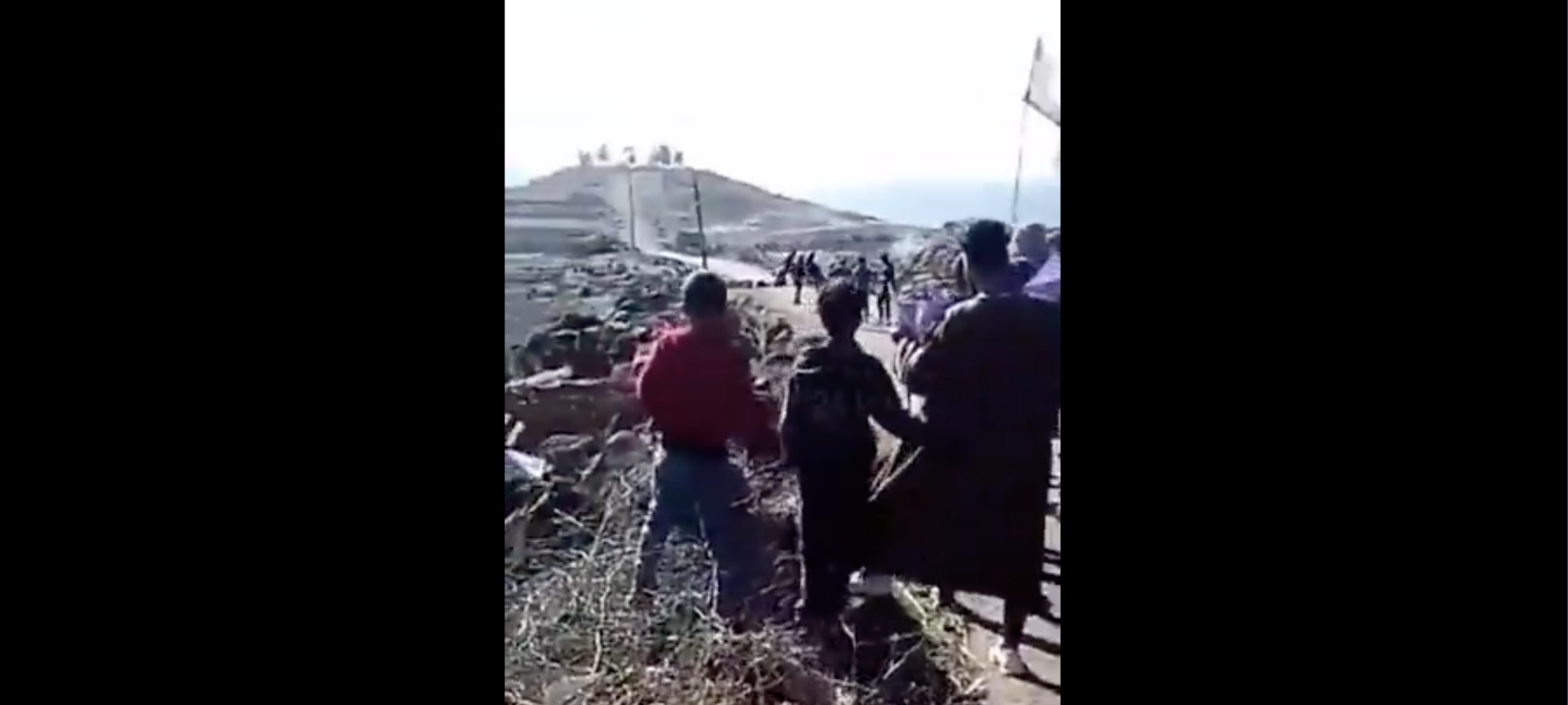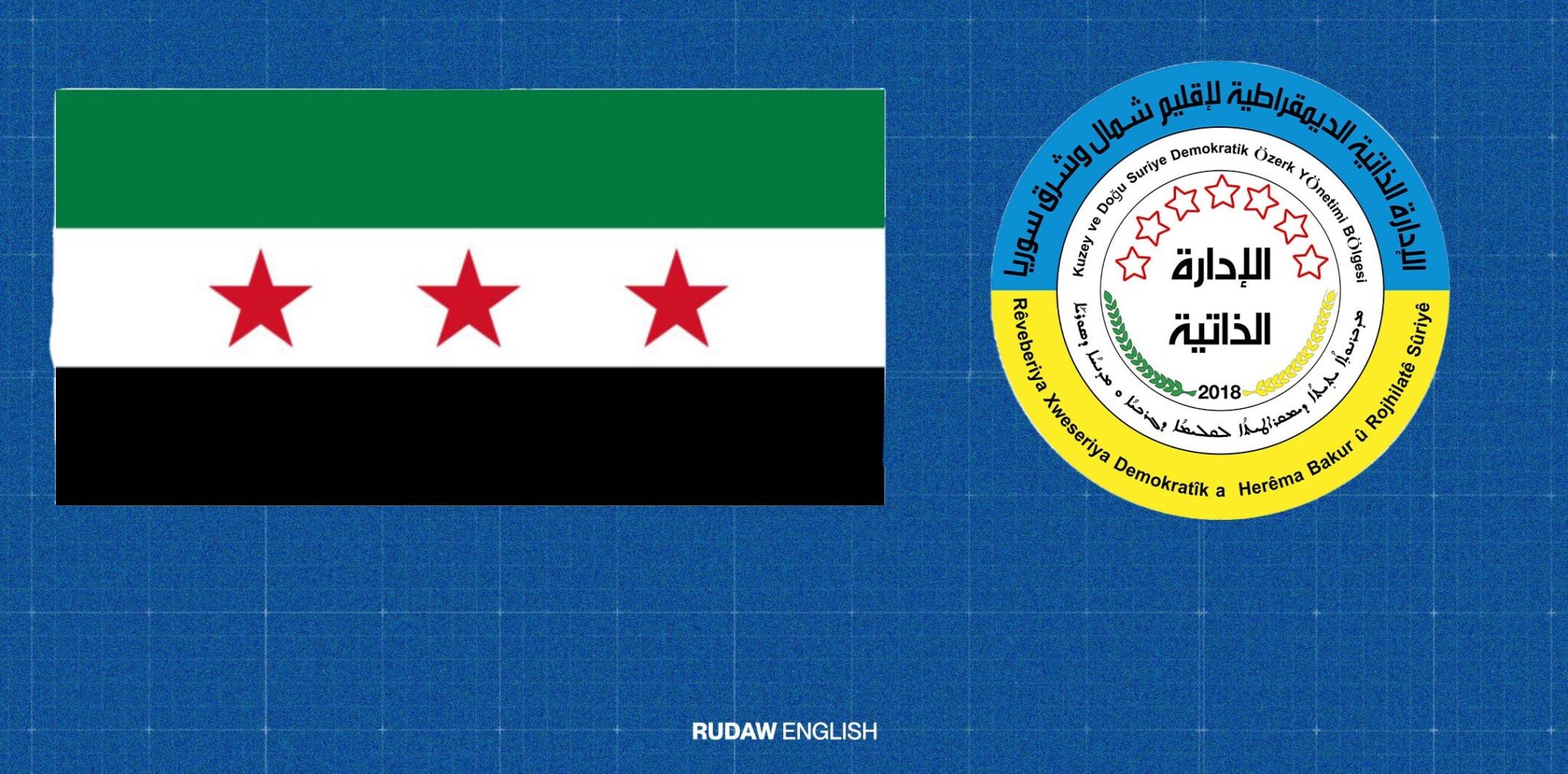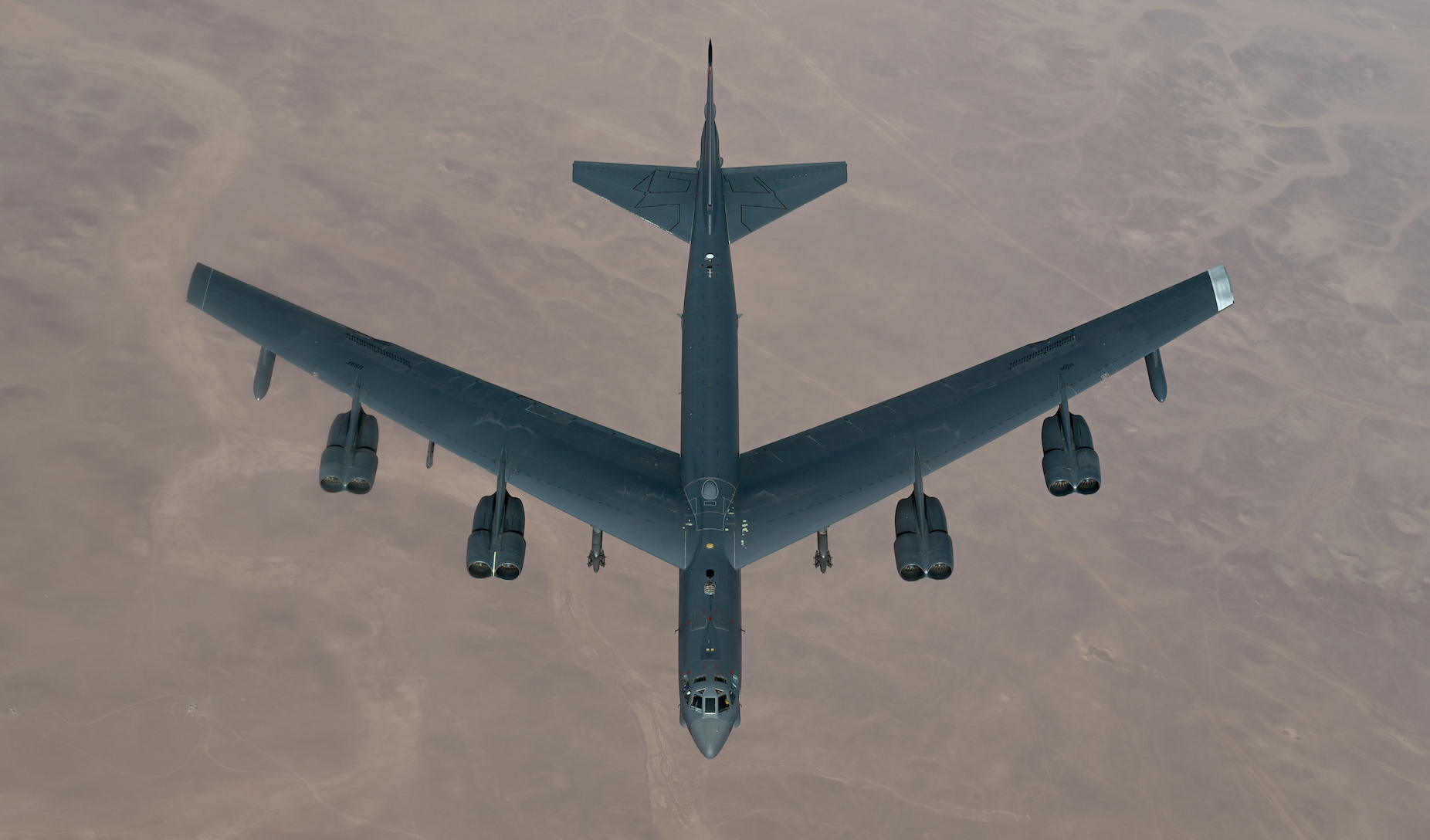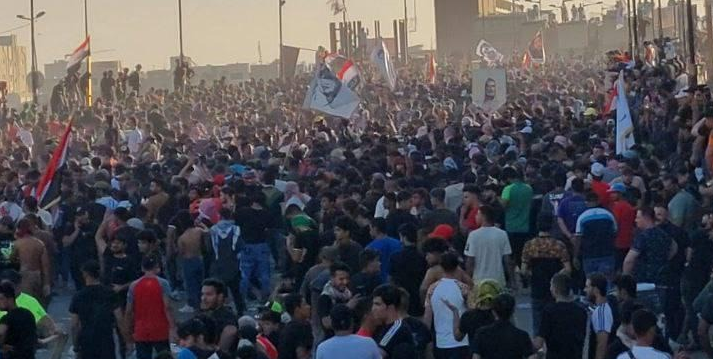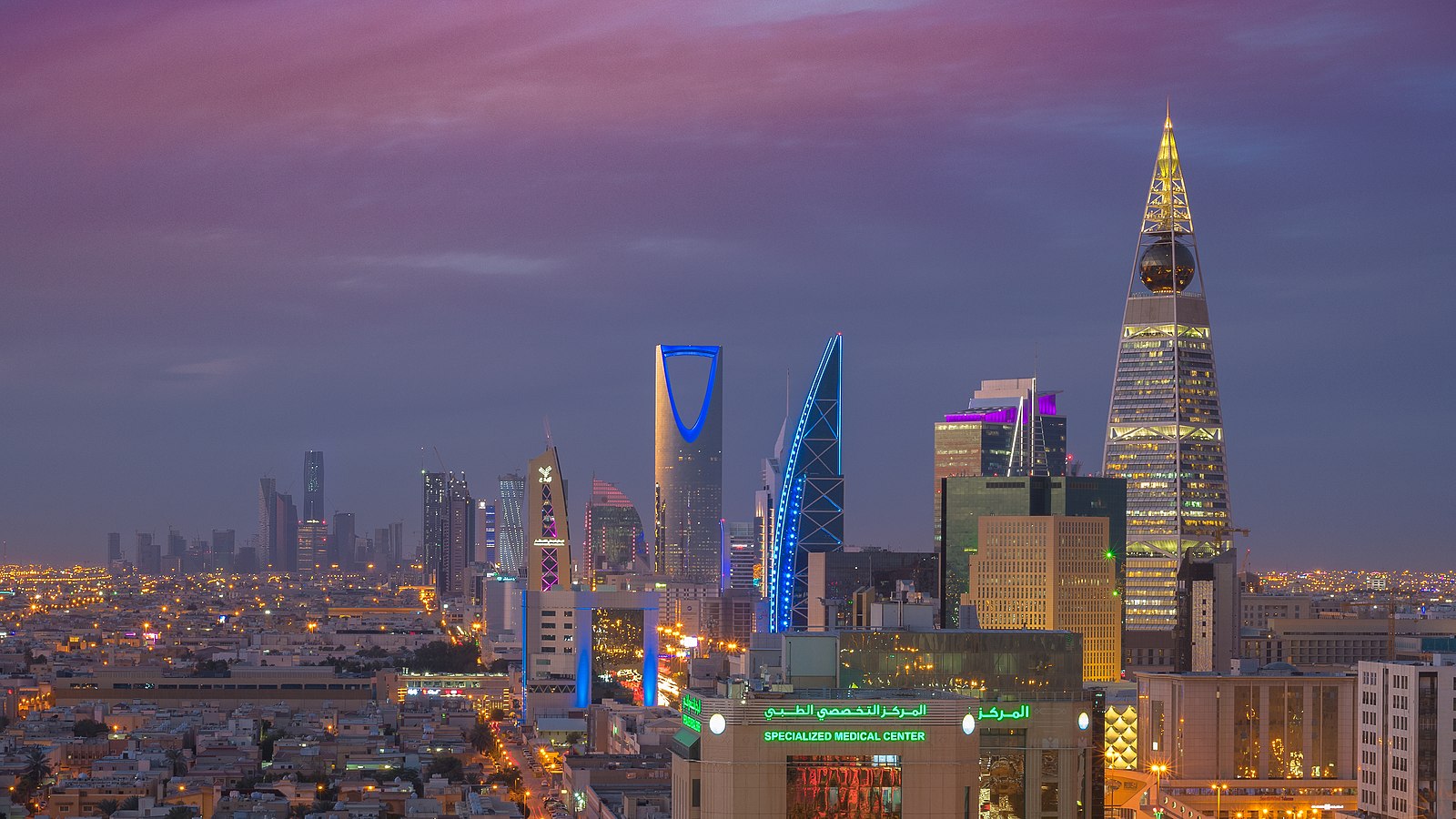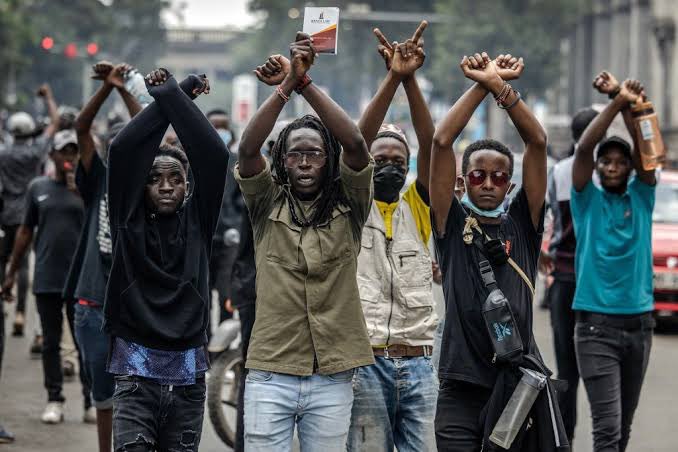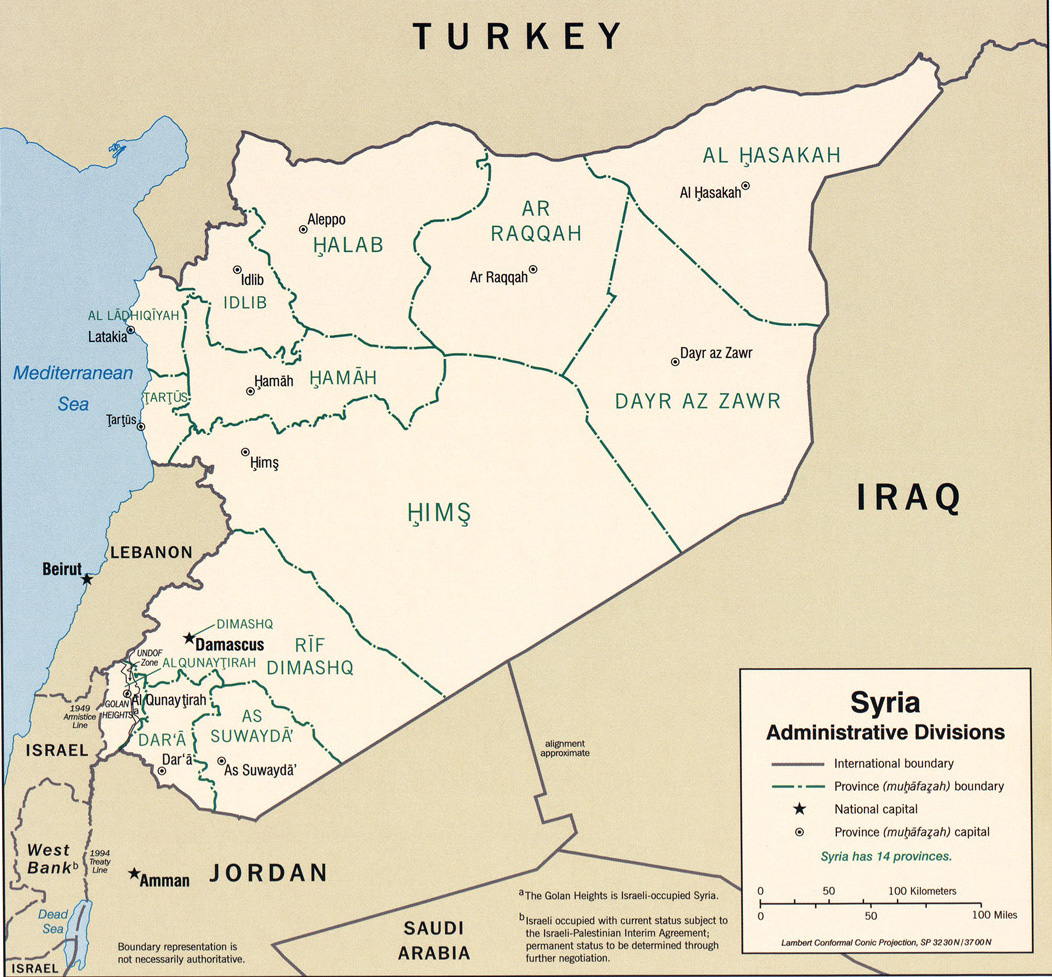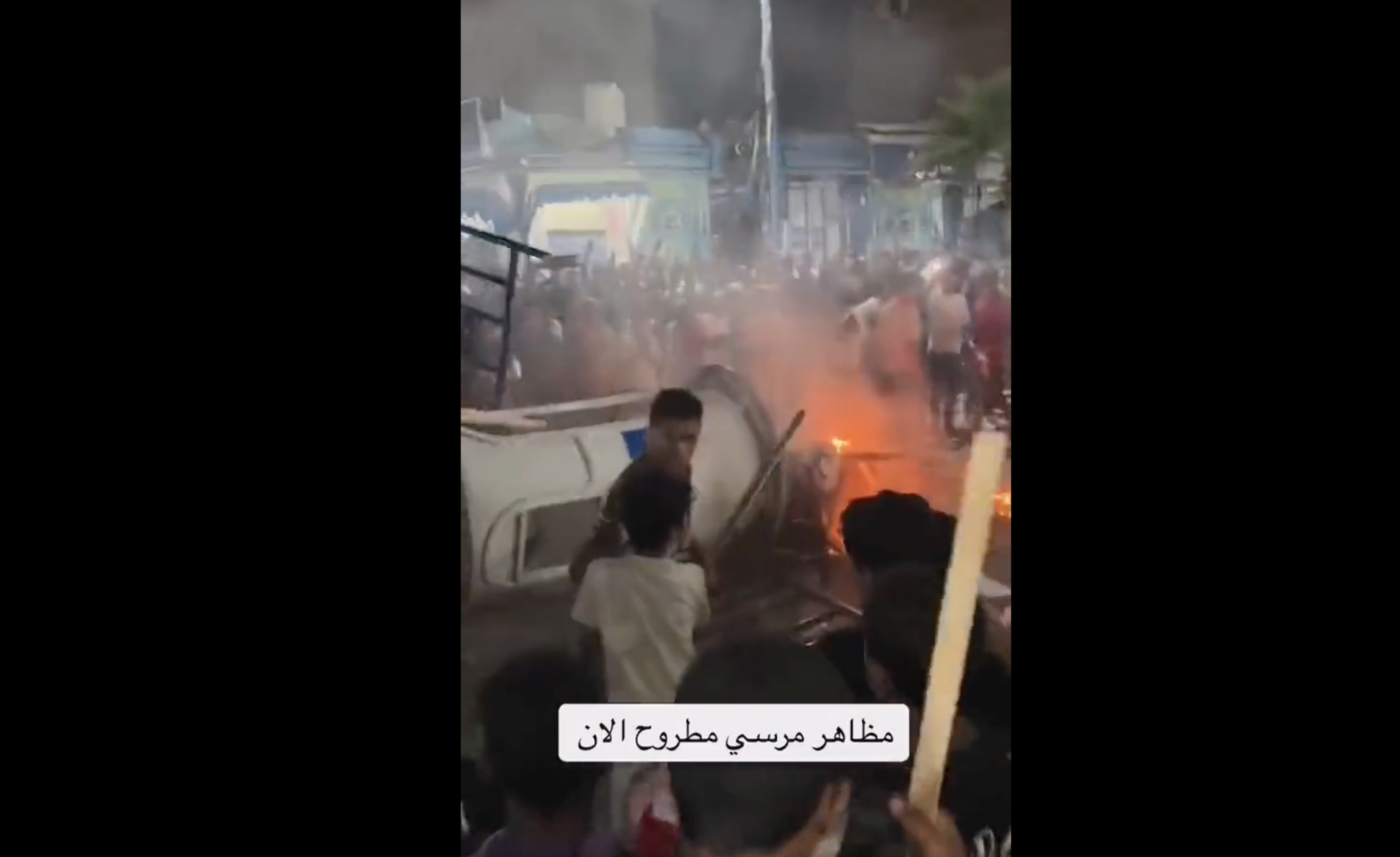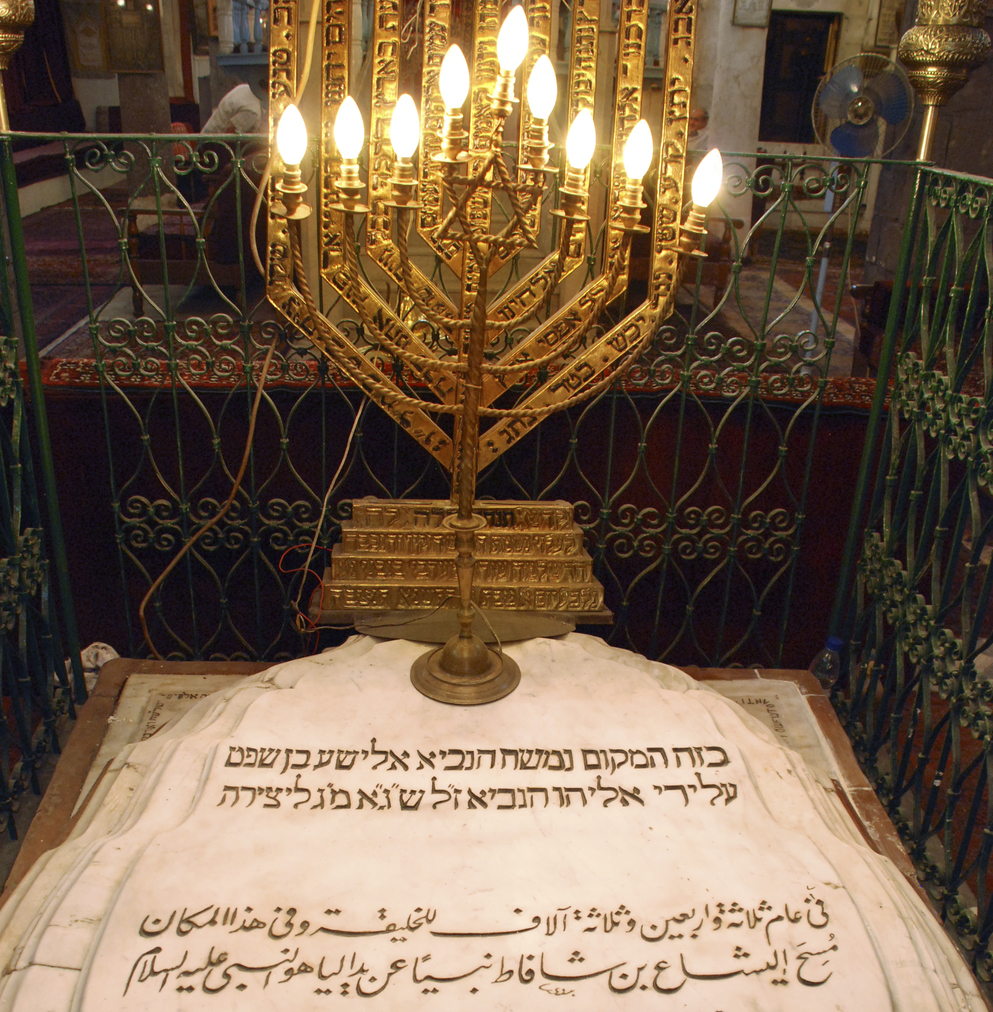
Renaissance for Syrian Jews?
In a video published on social media, a representative of the new transitional government in Syria spoke with Bakhour Chamntoub, head of Damascus’ small remnant Jewish community, promising “peace and security” and even calling on Syrian Jews abroad to return to the country. Said the representative, Mohammad Badarieh: “Good evening everyone… from the home of the head of the Jewish community in Damascus, Bakhour. Reassure us that you’re alright.” Replied Chamntoub: “Thank God, all is well.” Referring to Syrian Jews outside the country, Chamntoub acknowledged: “They don’t believe there will be peace, and that they can return home.” But, addressing the diaspora, he echoed the pledge of the transition government: “You will be safe, there will be peace and quiet, and God willing, you’ll return, everyone to his house, to his neighborhood, and to his people….” Chamntoub added that he hopes for the restoration of the city’s ancient Jobar synagogue, which was badly damaged in shelling by the Assad regime. (Photo: Chrystie Sherman)



